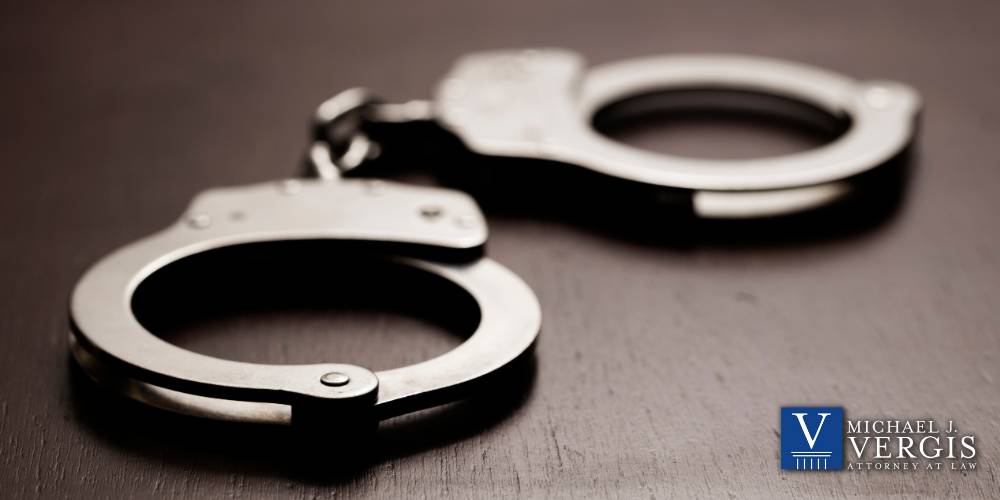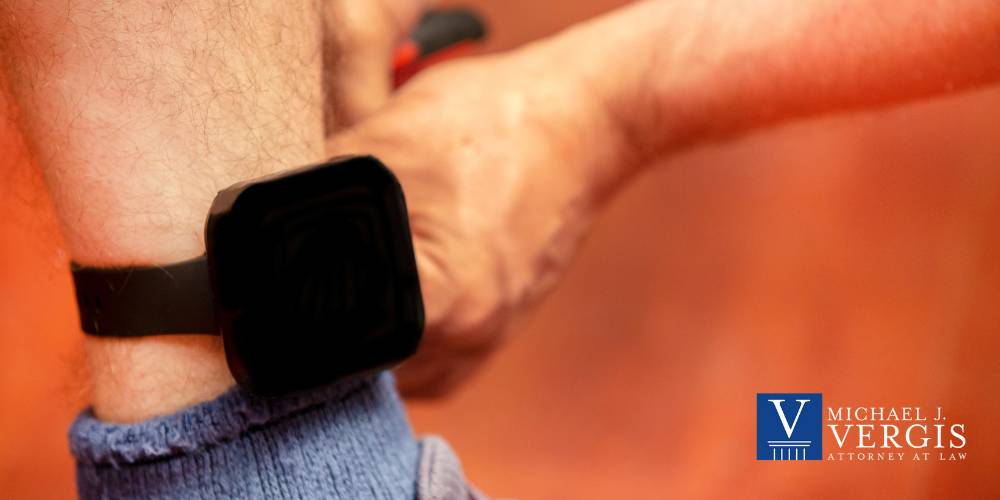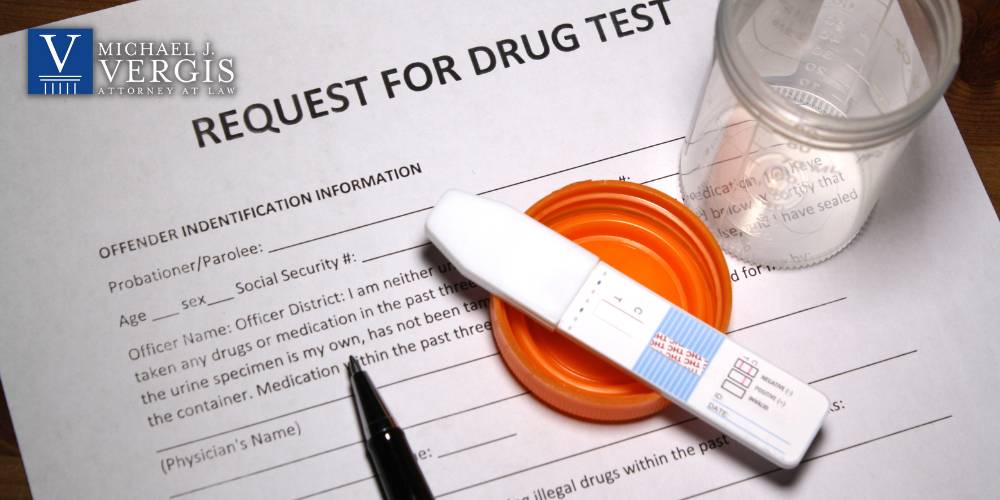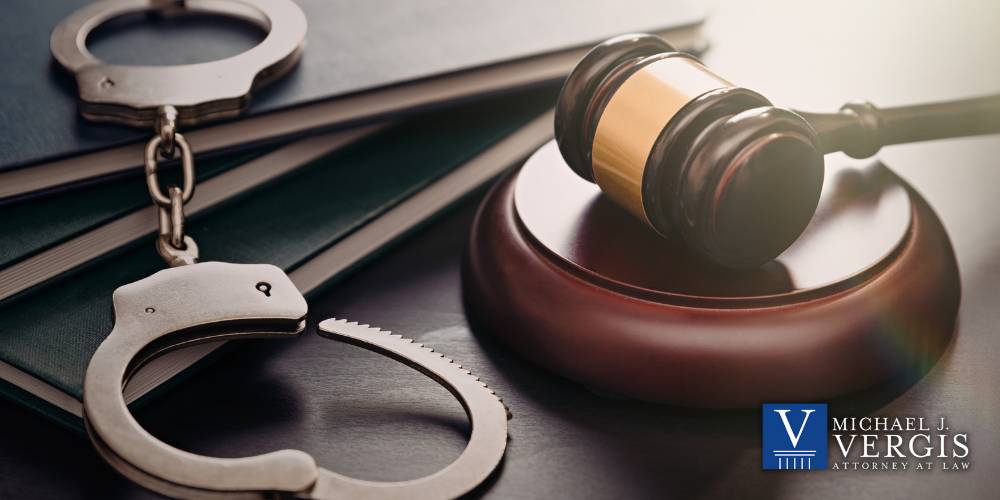In Louisiana, probation and parole are two key components of the criminal justice system that offer alternatives to traditional incarceration. Essentially, they’re opportunities for individuals who’ve been convicted of a crime to serve part or all of their sentence in the community, under supervision.
Navigating Louisiana’s probation and parole system can be daunting, but understanding the process and having the right legal representation can make all the difference. The rules and regulations governing probation and parole can be complex, requiring knowledgeable guidance to ensure compliance and protect your rights.
Whether you’re facing probation violations, preparing for a parole hearing, or seeking guidance on navigating the conditions of probation or parole, Shreveport-Bossier City probation and parole attorney Michael J. Vergis is here to help. With years of experience advocating for clients in Louisiana’s criminal courts, he offers personalized attention and strategic advocacy tailored to each client’s unique needs.
Don’t waste your second chance at freedom–call Attorney Michael J. Vergis today at (318) 698-3724 or via our online contact form and schedule a free consultation regarding your criminal case.
Understanding Probation and Parole in Louisiana
Understanding probation and parole in Louisiana is crucial for anyone involved in the criminal justice system, since these alternatives to incarceration offer opportunities for rehabilitation and reintegration into society. Additionally, understanding the probation and parole process can empower individuals to make informed decisions and seek appropriate legal representation to protect their rights and interests.

Probation vs. Parole
Both probation and parole involve supervised release from incarceration, but they differ in their timing and circumstances. Probation is typically granted as an alternative to imprisonment at the time of a person’s sentencing, meaning they have not served any time in prison for this crime. In contrast, parole is granted after someone serves a portion of the sentence in prison, allowing them to serve the rest of their term outside of prison.
Probation is often a sentencing option for first-time or non-violent offenders, whereas parole is typically granted to individuals who have demonstrated good behavior while serving their initial sentence. It’s important to know the difference between these two terms when facing criminal charges.
Who is Eligible for Probation in Louisiana?
In Louisiana, eligibility for probation is determined by various factors, including the severity of the offense, the individual’s criminal history, and the recommendation of the prosecutor and judge. Probation eligibility is outlined in the Louisiana Code of Criminal Procedure, with Art. 894 outlining eligibility for misdemeanor charges, and Art. 893 outlining eligibility for felony charges.
Generally, first-time or non-violent offenders may be considered for probation as an alternative to incarceration. However, eligibility criteria can vary depending on the specific circumstances of each case and the discretion of the court.
Factors such as the nature of the crime, the defendant’s remorse, their ties to the community, and their likelihood of rehabilitation are taken into account when deciding whether to grant probation. Ultimately, it is up to the judge to weigh these factors and determine if probation is an appropriate sentencing option for a person in Louisiana.
Who is Eligible for Parole in Louisiana?
In Louisiana, eligibility for parole is determined by the Louisiana Board of Pardons and Parole, which considers various factors including the nature of the offense, the individual’s behavior during incarceration, and their potential for rehabilitation. Louisiana parole eligibility is outlined in La. R.S. § 574.2.
Generally, individuals who have served a portion of their sentence, typically one-third to one-half, may be eligible for parole. However, eligibility criteria can vary depending on the severity of the offense and other factors such as prior criminal history and the recommendation of correctional authorities.
The parole board evaluates each case individually, taking into consideration things like the inmate’s conduct in prison, participation in rehabilitation programs, and plans for reintegration into society. The Louisiana Board of Pardons and Parole can deny parole for a number of reasons, so it’s important to speak with a legal professional about your specific case before your parole hearing.

Probation Conditions in Louisiana
When placed on probation, there are certain conditions that a person must meet in order to avoid certain disciplinary actions. Louisiana’s conditions of probation can be found under La. C.C.R.P. Art. 895. In general, a person on probation must:
- Report to their probation officer as directed
- Allow their probation officer to visit them at home or elsewhere
- Dedicate themselves to an approved occupation
- Refrain from owning or possessing firearms or other dangerous weapons
- Make any court-ordered reparation or restitution to any victims of their criminal offense
- Devote themselves to an approved reading program (if they are unable to read English)
- Perform any court-ordered community service
- Submit to medical, psychological, or drug tests/treatments as ordered by their probation officer
- Agree to searches of their person, property, place of residence, vehicle, or personal effects at any time by their probation officer
Parole Conditions in Louisiana
Upon release from a Louisiana corrections facility, a person on parole must:
- Submit a monthly report by the fifth of every month until the date that their supervision is complete
- Live at the address on their provided certificate and gain permission from their parole officer if they want to move elsewhere
- Refrain from leaving the state without written permission from their parole officer
- Refrain from engaging in any criminal activity, associating with known criminals, or going to bars and casinos
- Refrain from illegally using drugs or alcohol
- Refrain from owning firearms or dangerous weapons
- Work at a job approved by their parole officer and immediately report unemployment to their parole officer
- Answer all questions from their parole officer truthfully
- Submit to medical, psychological, or drug tests/treatments as ordered by their parole officer
- Pay supervision fees as set by the Louisiana Department of Public Safety & Corrections
- Waive extradition rights to the state of Louisiana

Common Reasons for Probation and Parole Violations
Not everyone who is granted probation or parole is willing or able to comply with all of the necessary requirements, which can lead to a parole or probation violation. These violations can result from a variety of challenges individuals face when attempting to comply with the terms of their release while reintegrating into society.
Common reasons for parole or probation violations include:
- Failure to report to meetings with probation or parole officers
- Testing positive for drugs or alcohol
- Committing new criminal offenses
- Failing to comply with specific conditions set by the court or parole board
- Failing to find employment or failing to stay employed
What are the Consequences of Violating Probation or Parole?
Violating the conditions of probation or parole can have serious consequences, including having their probation or parole revoked and being forced to serve the rest of their sentence in custody. In Louisiana, if someone violates the conditions of their probation, they may face consequences such as:
- A warning
- An increase in supervision
- Additional probation conditions
- Having their probation revoked, forcing them to serve their suspended prison sentence
- Being sentenced to an intensive incarceration program for up to a year
- Having their probation extended
- Being sentenced to jail for 15-90 days
If someone violates the conditions of their parole in Louisiana, they will likely serve the remainder of their prison sentence starting from the date of their release on parole. They may also forfeit any good time they have earned, as well as any additional credits they have earned or could have earned prior to being granted parole.
It’s important to note that these consequences can be different for each offender, and can be dependant on the circumstances of their original offense or their violation. A Shreveport probation violation attorney like Michael J. Vergis can help you better understand the potential penalties for your unique circumstances.

Michael J. Vergis’ Experience in LA Probation and Parole Matters
Shreveport-Bossier criminal defense lawyer Michael J. Vergis brings a wealth of experience to handling probation and parole matters in Louisiana. With a deep understanding of Louisiana laws, Mr. Vergis has successfully advocated for countless clients facing probation or parole issues in Bossier City and beyond.
His dedication to protecting the rights of individuals navigating the complexities of the criminal justice system ensures that clients receive skilled representation tailored to their unique circumstances. Trust in Michael J. Vergis to provide strategic guidance and effective advocacy in probation and parole matters, helping clients pursue the best possible outcomes.
Louisiana Probation and Parole Resources
Individuals can find more information on Louisiana probation and parole guidelines through the
Louisiana Department of Public Safety and Corrections website. Below are some of the contacts for the probation and parole staff at the Louisiana Department of Public Safety and Corrections.
- Director – (225) 342-6609
- Region 1 Regional Director (Alexandria, Monroe, Shreveport) – (318) 676-7040
- Region 2 Regional Director (Baton Rouge, Covington, Feliciana) – (225) 922-0227
- Region 3 Regional Director (Lafayette, Lake Charles, New Orleans) – (504) 568-8756

Call Shreveport-Bossier Probation and Parole Attorney Michael J. Vergis Today
When facing probation or parole matters in the Shreveport-Bossier City area, having an experienced legal representative on your side can make all the difference. Attorney Michael J. Vergis is dedicated to providing comprehensive support and advocacy to those navigating the probation and parole processes. With a proven track record of success and a commitment to protecting clients’ rights, Mr. Vergis offers personalized attention and strategic guidance throughout every step of the legal process.
Don’t face probation or parole matters alone. Call Shreveport-Bossier probation and parole attorney Michael J. Vergis today at (318) 698-3724 or fill out our online form to schedule a free consultation regarding your case.



